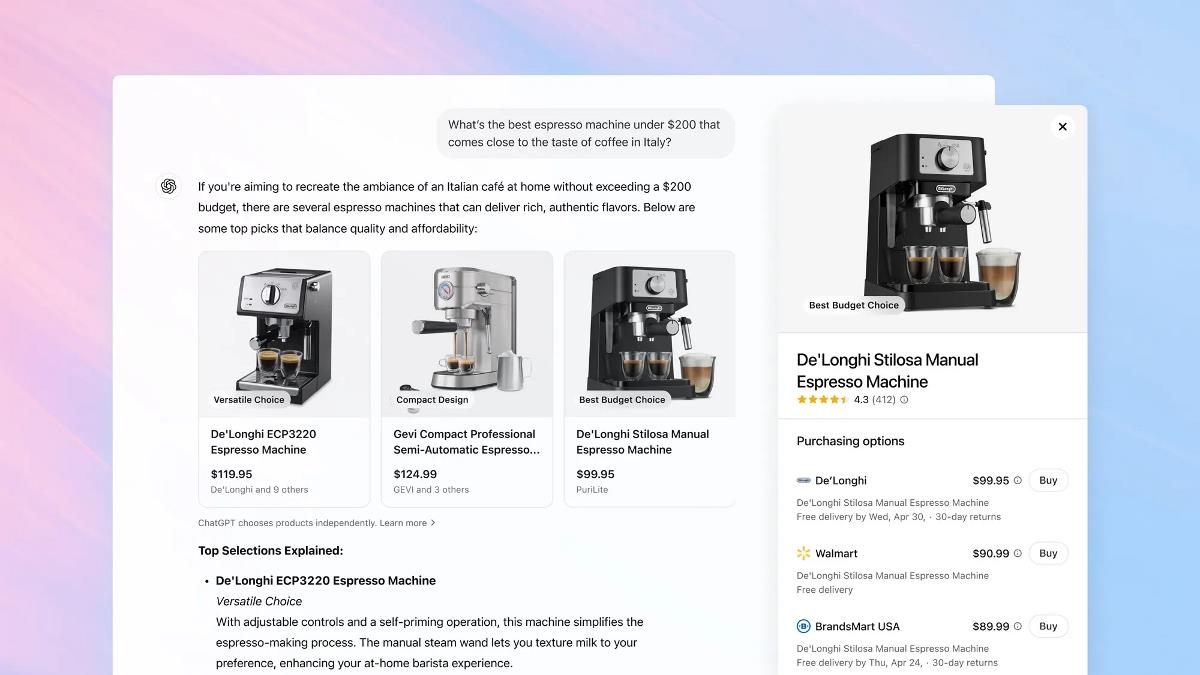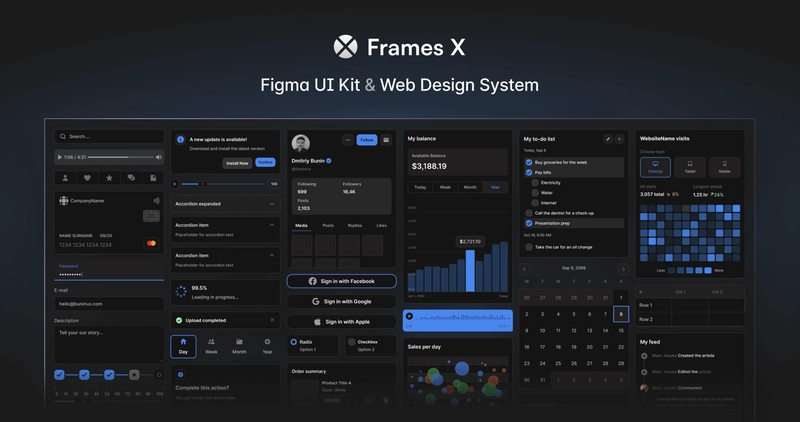How to Use SQLAlchemy with Async Support in Flask
Using async with SQLAlchemy Asynchronous programming has become essential for building high-performance web applications. While Flask is traditionally synchronous, recent advancements allow developers to integrate asynchronous features, including using SQLAlchemy with async support. This article explores how to implement async SQLAlchemy in Flask, drawing examples from my own projects. Understanding Async in Flask Flask's core is synchronous, but with Python's asyncio and third-party libraries, we can introduce asynchronous behavior. This is particularly beneficial for I/O-bound operations like database queries, where async can improve scalability and responsiveness. Setting Up Async SQLAlchemy in Flask To use SQLAlchemy asynchronously in Flask, follow these steps: Install Required Packages: pip install Flask SQLAlchemy asyncpg sqlalchemy[asyncio] Configure Async Engine: from sqlalchemy.ext.asyncio import create_async_engine, AsyncSession from sqlalchemy.orm import sessionmaker DATABASE_URL = "postgresql+asyncpg://user:password@localhost/dbname" engine = create_async_engine(DATABASE_URL, echo=True) async_session = sessionmaker(engine, class_=AsyncSession, expire_on_commit=False) Integrate with Flask: from flask import Flask, jsonify app = Flask(__name__) @app.route('/async-data') async def get_data(): async with async_session() as session: result = await session.execute("SELECT * FROM your_table") data = result.fetchall() return jsonify([dict(row) for row in data]) This setup allows Flask to handle asynchronous database operations using SQLAlchemy. Real-World Application: JobFinders.site In my project JobFinders.site, an online job listing platform, I implemented asynchronous features to handle high traffic efficiently. The repository job-finders/app showcases how async SQLAlchemy is integrated within a Flask application. For instance, the job search functionality uses async queries to fetch listings without blocking the main thread, ensuring a smooth user experience even under heavy load. Other Projects Beyond JobFinders.site, I have developed several other projects utilizing asynchronous programming: Funeral Manager: A SaaS product for managing funeral services, with the backend code available at funeral-manager-org. EOD Stock API: Provides end-of-day stock data, with repositories like stock-api-pythonsdk and api-gateway demonstrating async integration. (freelancing-solutions (mobius-crypt) - GitHub) Rental Manager: A property rental management system, leveraging async operations for efficient data handling. These projects illustrate the versatility and performance benefits of combining Flask with asynchronous programming and SQLAlchemy. Conclusion Integrating async support in Flask using SQLAlchemy enhances the application's ability to handle concurrent operations efficiently. By adopting asynchronous patterns, developers can build scalable and responsive web applications. Feel free to explore the repositories mentioned above for practical implementations and further insights.
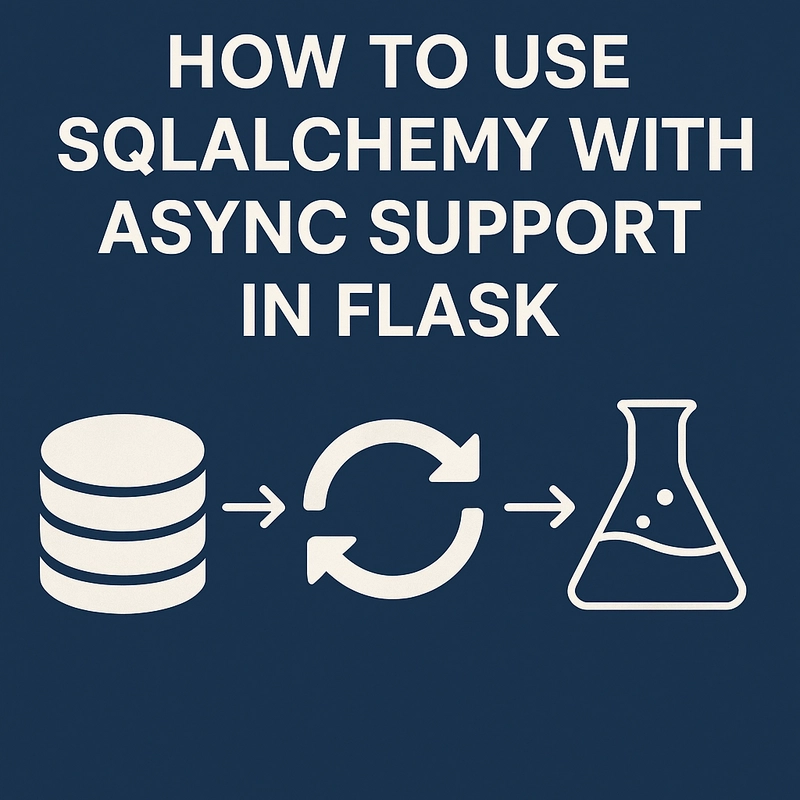
Using async with SQLAlchemy
Asynchronous programming has become essential for building high-performance web applications. While Flask is traditionally synchronous, recent advancements allow developers to integrate asynchronous features, including using SQLAlchemy with async support. This article explores how to implement async SQLAlchemy in Flask, drawing examples from my own projects.
Understanding Async in Flask
Flask's core is synchronous, but with Python's asyncio and third-party libraries, we can introduce asynchronous behavior. This is particularly beneficial for I/O-bound operations like database queries, where async can improve scalability and responsiveness.
Setting Up Async SQLAlchemy in Flask
To use SQLAlchemy asynchronously in Flask, follow these steps:
- Install Required Packages:
pip install Flask SQLAlchemy asyncpg sqlalchemy[asyncio]
- Configure Async Engine:
from sqlalchemy.ext.asyncio import create_async_engine, AsyncSession
from sqlalchemy.orm import sessionmaker
DATABASE_URL = "postgresql+asyncpg://user:password@localhost/dbname"
engine = create_async_engine(DATABASE_URL, echo=True)
async_session = sessionmaker(engine, class_=AsyncSession, expire_on_commit=False)
- Integrate with Flask:
from flask import Flask, jsonify
app = Flask(__name__)
@app.route('/async-data')
async def get_data():
async with async_session() as session:
result = await session.execute("SELECT * FROM your_table")
data = result.fetchall()
return jsonify([dict(row) for row in data])
This setup allows Flask to handle asynchronous database operations using SQLAlchemy.
Real-World Application: JobFinders.site
In my project JobFinders.site, an online job listing platform, I implemented asynchronous features to handle high traffic efficiently. The repository job-finders/app showcases how async SQLAlchemy is integrated within a Flask application.
For instance, the job search functionality uses async queries to fetch listings without blocking the main thread, ensuring a smooth user experience even under heavy load.
Other Projects
Beyond JobFinders.site, I have developed several other projects utilizing asynchronous programming:
Funeral Manager: A SaaS product for managing funeral services, with the backend code available at funeral-manager-org.
EOD Stock API: Provides end-of-day stock data, with repositories like stock-api-pythonsdk and api-gateway demonstrating async integration. (freelancing-solutions (mobius-crypt) - GitHub)
Rental Manager: A property rental management system, leveraging async operations for efficient data handling.
These projects illustrate the versatility and performance benefits of combining Flask with asynchronous programming and SQLAlchemy.
Conclusion
Integrating async support in Flask using SQLAlchemy enhances the application's ability to handle concurrent operations efficiently. By adopting asynchronous patterns, developers can build scalable and responsive web applications. Feel free to explore the repositories mentioned above for practical implementations and further insights.































![[Free Webinar] Guide to Securing Your Entire Identity Lifecycle Against AI-Powered Threats](https://blogger.googleusercontent.com/img/b/R29vZ2xl/AVvXsEjqbZf4bsDp6ei3fmQ8swm7GB5XoRrhZSFE7ZNhRLFO49KlmdgpIDCZWMSv7rydpEShIrNb9crnH5p6mFZbURzO5HC9I4RlzJazBBw5aHOTmI38sqiZIWPldRqut4bTgegipjOk5VgktVOwCKF_ncLeBX-pMTO_GMVMfbzZbf8eAj21V04y_NiOaSApGkM/s1600/webinar-play.jpg?#)






































































































































![[The AI Show Episode 145]: OpenAI Releases o3 and o4-mini, AI Is Causing “Quiet Layoffs,” Executive Order on Youth AI Education & GPT-4o’s Controversial Update](https://www.marketingaiinstitute.com/hubfs/ep%20145%20cover.png)










































































































































































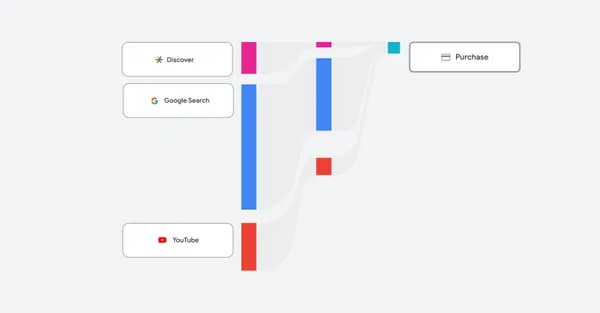






























































































_Jochen_Tack_Alamy.png?width=1280&auto=webp&quality=80&disable=upscale#)

























































































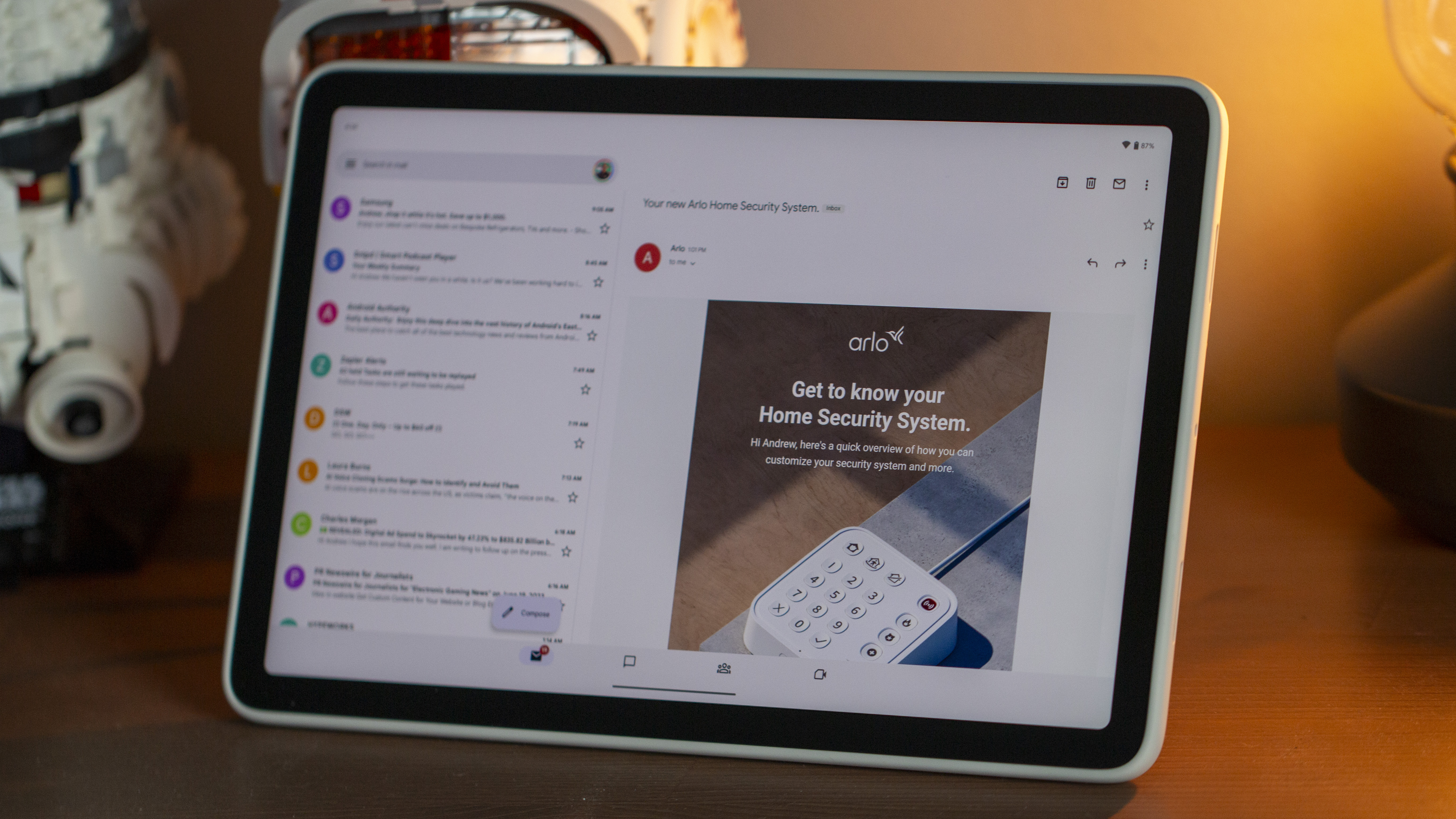








![Apple testing Stage Manager for iPhone, Photographic Styles for video, and more [Video]](https://i0.wp.com/9to5mac.com/wp-content/uploads/sites/6/2025/04/iOS-Decoded-iOS-18.5.jpg?resize=1200%2C628&quality=82&strip=all&ssl=1)















![New Hands-On iPhone 17 Dummy Video Shows Off Ultra-Thin Air Model, Updated Pro Designs [Video]](https://www.iclarified.com/images/news/97171/97171/97171-640.jpg)
![Apple Shares Trailer for First Immersive Feature Film 'Bono: Stories of Surrender' [Video]](https://www.iclarified.com/images/news/97168/97168/97168-640.jpg)
![Apple Restructures Global Affairs and Apple Music Teams [Report]](https://www.iclarified.com/images/news/97162/97162/97162-640.jpg)



















